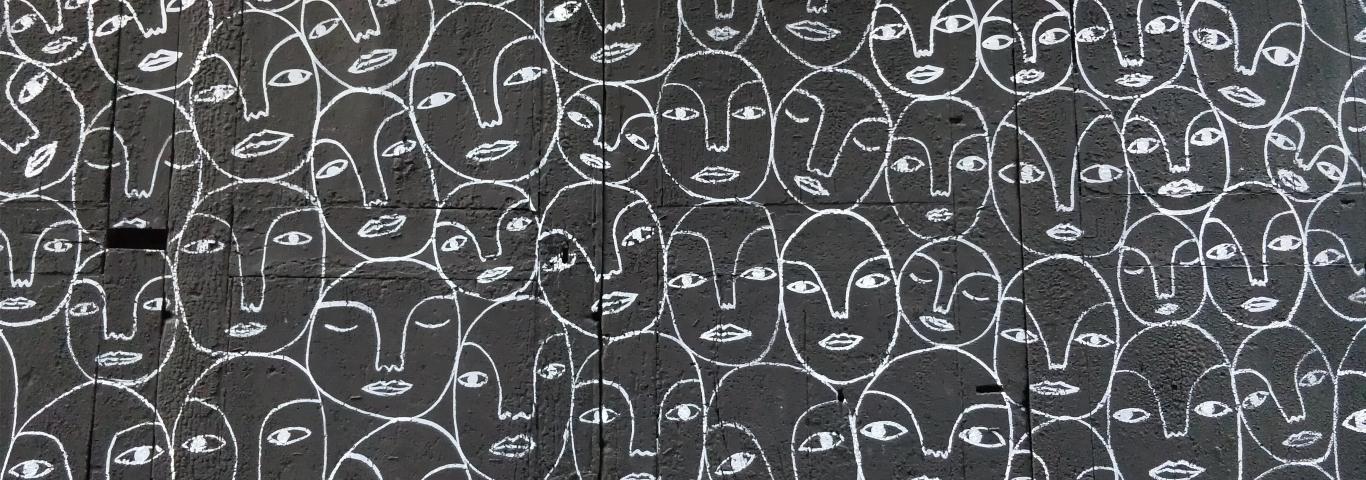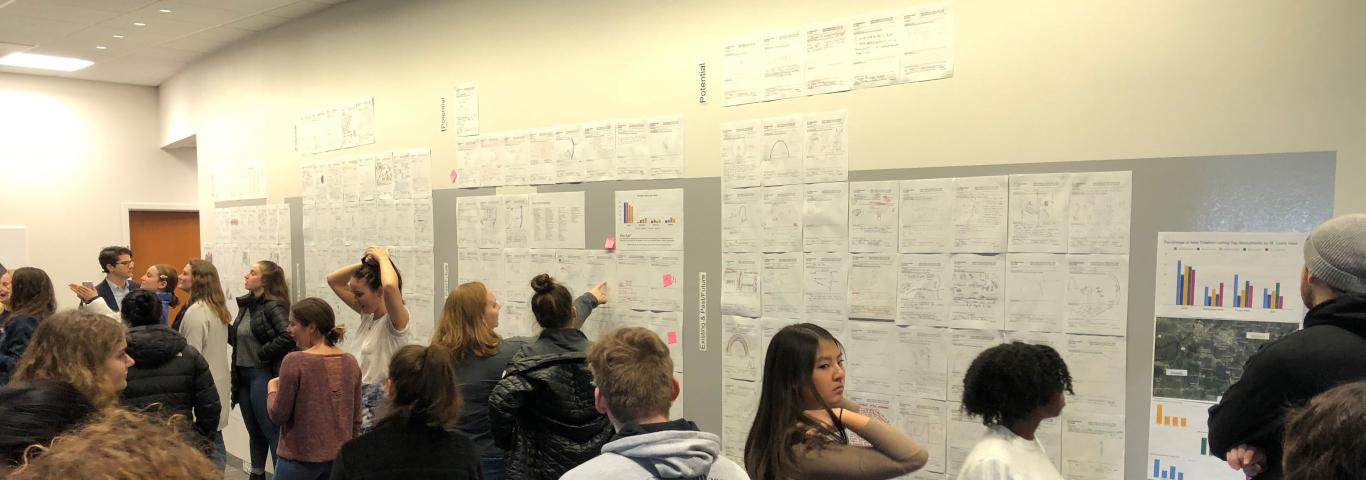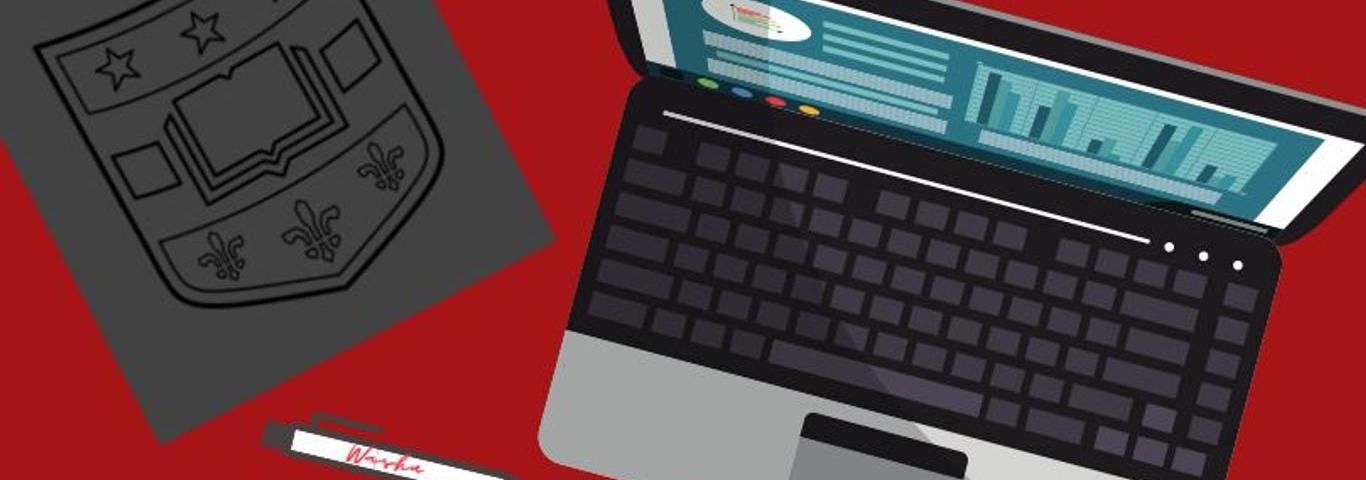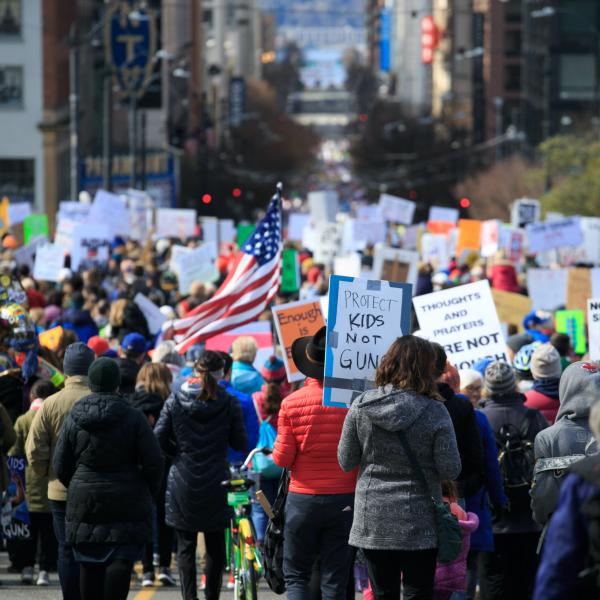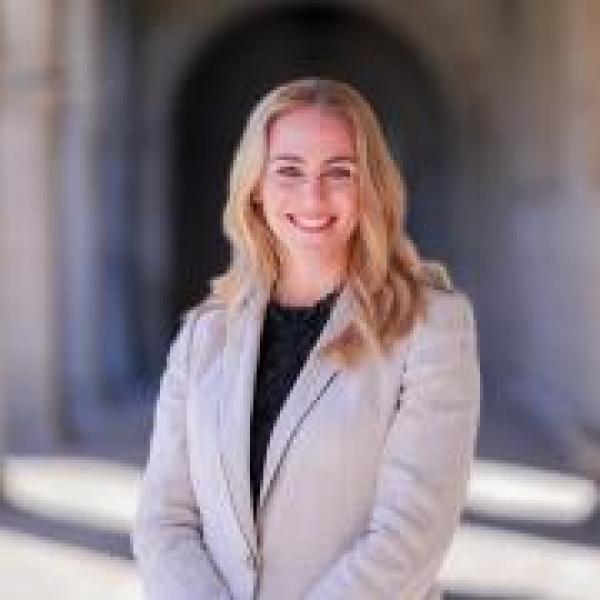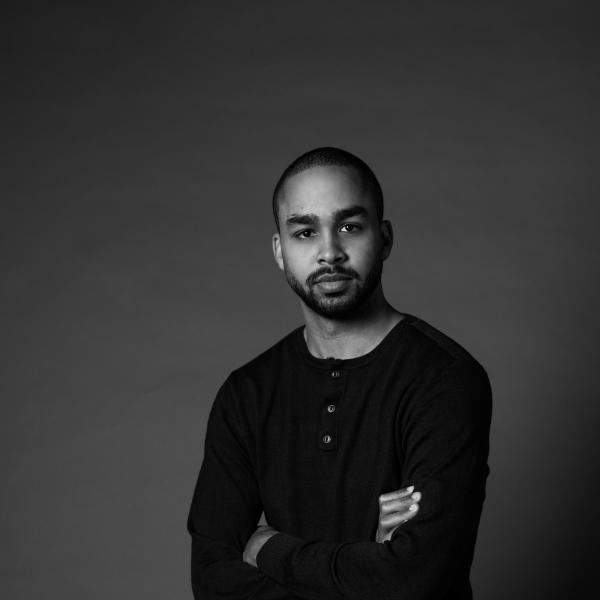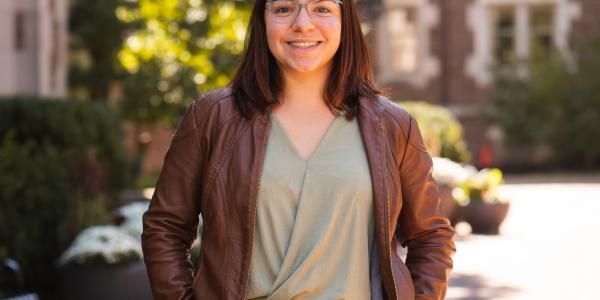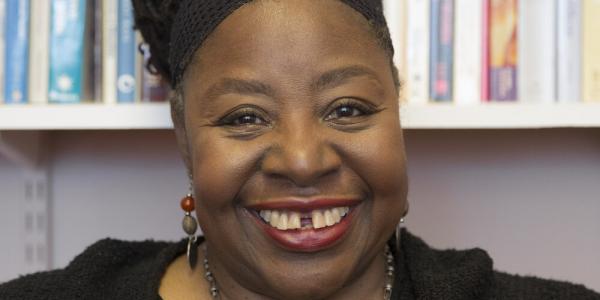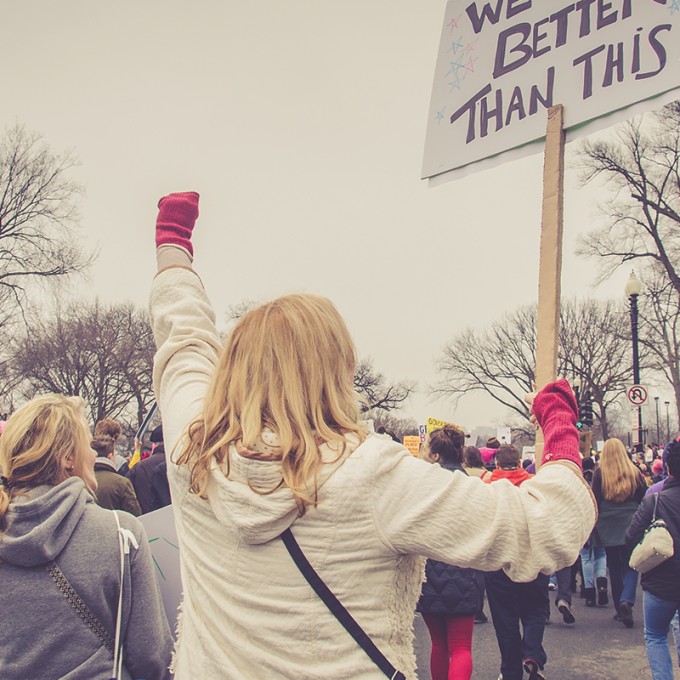Sociology program soars eight years after its revival
"While the availability of sociology as field of study at WashU might seem unremarkable, it is, in reality, the result of a rare and exciting event only nine years ago: the revival of the Department of Sociology."

